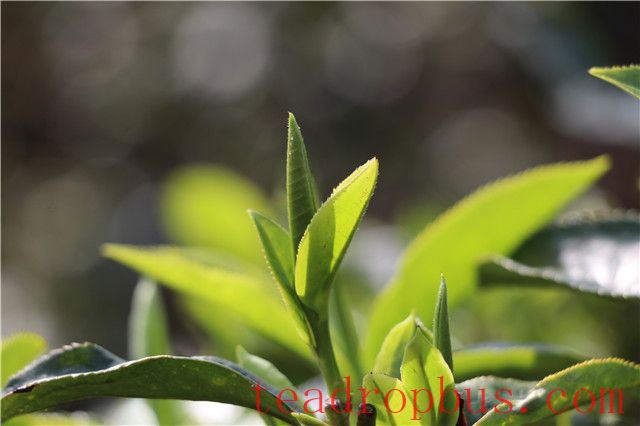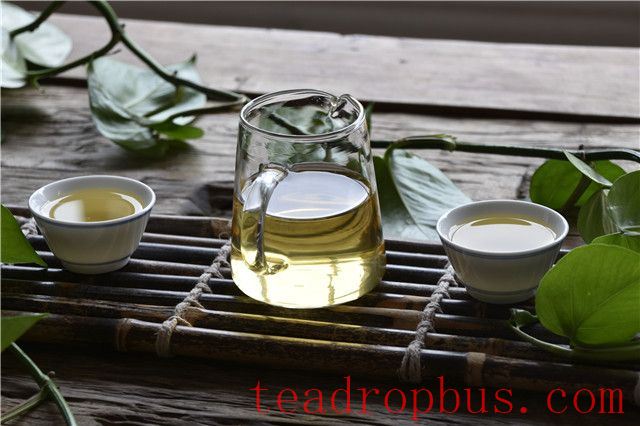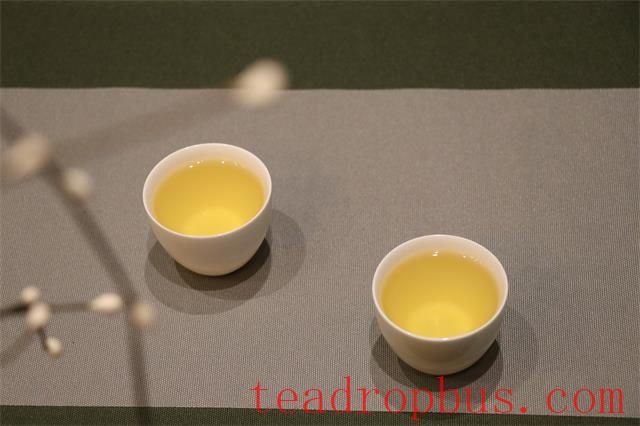As the saying goes, “The best time to plan is at the start of spring.” The Start of Spring has been a traditional seasonal marker since ancient times. “Yang energy rises from hibernation, and all things are reborn in spring.” After the Start of Spring, all living things come back to life with vibrant energy, marking the beginning of the four seasons.
Spring is not only the first of the 24 solar terms in the lunar calendar; it is also defined astronomically. In nature and in people's minds, spring means gentle winds and sunny days, birds singing and flowers blooming. It also signifies the growth of all things and the sowing season for farmers.
The poem “Start of Spring” says, “The east wind brings rain, chasing away the west wind, as warmth returns to the earth. All things awaken as mountains and rivers come to life. Farmers begin planning their new year's cultivation.”

After a winter of dormancy, yang energy rises in spring, and people may feel lethargic. Drinking Tea can help refresh and dispel this drowsiness. So, what kind of tea is best for feeling invigorated in spring? Of course, everyone can choose a tea that suits their personal taste or constitution, but we can also follow the general principle of Drinking Tea suited to the season.

This season, we can eat foods like scallions, ginger, and garlic to dispel cold, and ensure adequate intake of high-quality proteins such as meat, eggs, and dairy to enhance our resistance to the cold.
In terms of tea selection, according to Traditional Chinese medicine (TCM): during spring, people tend to have an excess of liver fire and may experience heatiness. Jasmine tea can be chosen to disperse the accumulated cold in the body, promoting the rise of yang energy while also helping to alleviate spring lethargy.

Jasmine tea contains dozens of times more essential oils than other types of tea, with a rich and pleasant aroma, fresh and intense, having the effect of invigorating and clearing the senses.
The “Supplement to Materia Medica” states, “Its energy can reach the top of the head and descend to the lower abdomen, dissipating all stagnant qi in the chest.” Therefore, one of its most important effects is relieving stagnation, helping to improve mood.
Drinking moderate amounts of black tea, Tie Guan Yin, Pu'er tea, and others can help with digestion and detoxification, warming the stomach and nourishing the liver. These teas are beneficial for dispersing the cold accumulated in the body during winter, promoting the rise of yang energy, and have the dual benefits of warming the stomach and nourishing the liver. Additionally, floral teas are richly fragrant, fresh, and refreshing, capable of stimulating the mind and dispelling sleepiness.
With the rise of yang energy, the internal heat and toxins accumulated in the body's organs and systems become more apparent, leading to spring dryness, excessive liver fire, and bodily inflammation, causing symptoms such as oral ulcers, sore throat, constipation, and skin blemishes. Coupled with the warming weather in spring, which leads to significant loss of bodily fluids, and the unpredictable weather, drinking White Tea to clear heat and reduce inflammation becomes particularly important for health preservation.